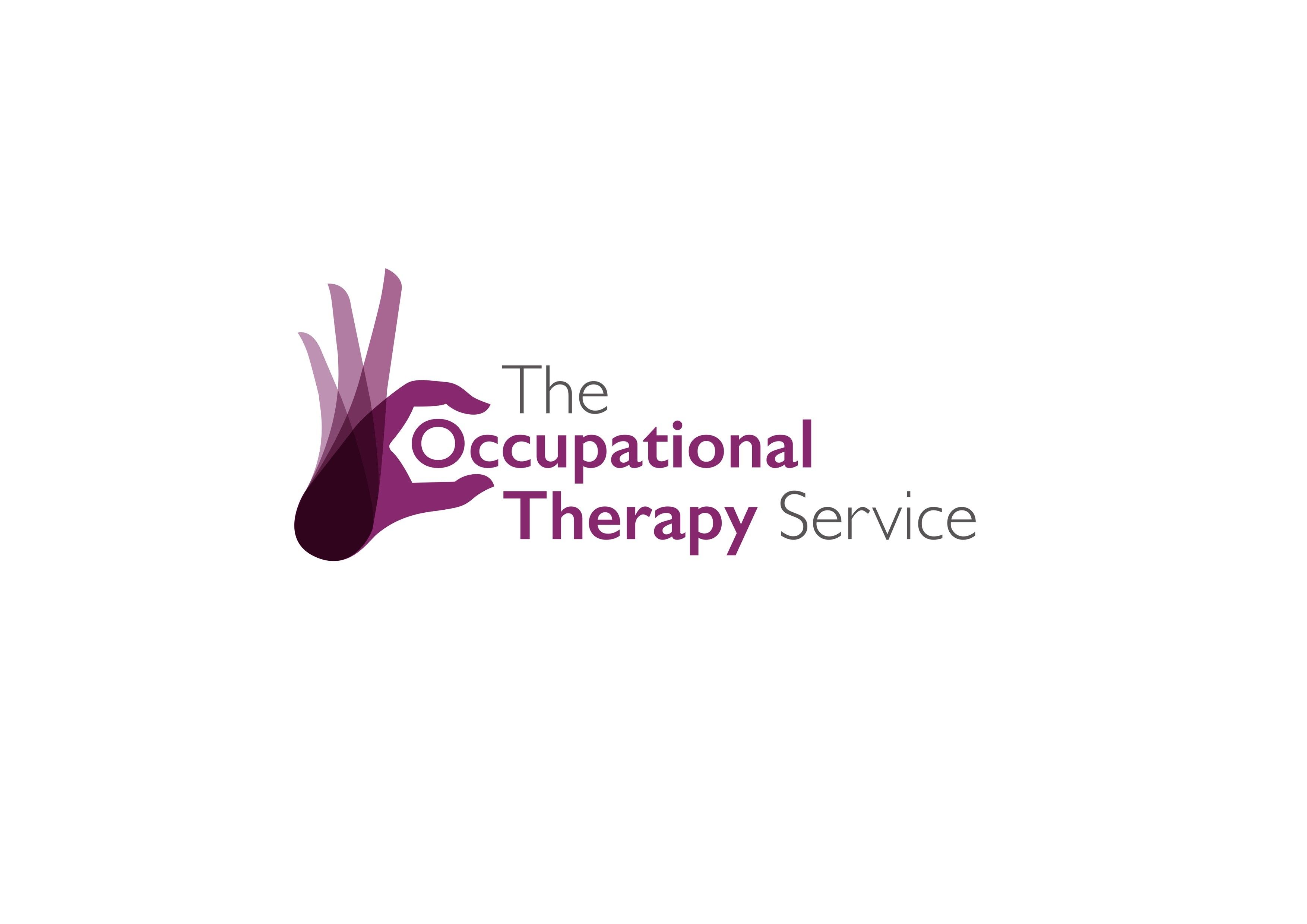Meeting the Moment: Paediatric OT Under Pressure – Challenges, Insights & The Way Forward
)
According to the RCOT’s Children’s Survey Report 2023, 85% of paediatric OTs said demand increased compared to July 2022, 60% reported staffing shortfalls, and 30% couldn’t provide essential equipment or adaptations when needed.
The wave of referrals and mounting caseloads
A surge in referrals is overwhelming services. According to RCOT data:
- 85 % report increased referrals
- 63 % admit they’re unable to provide the needed level or type of intervention
- 60 % have understaffed teams
- 65 % note that cost‑of‑living pressures further limit access to services.
These figures align with a wider OT Workforce Survey (2023), which found 86 % of respondents across sectors noted rising demand, and 79 % said caseloads now include more complex needs due to delayed intervention. Teams are increasingly “too busy to provide the level of care they’d like” (63 %) and “under… too much pressure” (68 %).
Resource constraints and delayed interventions
Sustaining services requires adequate staffing, equipment, and early intervention pathways. However:
- Only 30 % of paediatric OTs can supply children with needed equipment in a timely way.
- School staff shortages further diminish intervention opportunities (74 %).
- Many children don’t qualify for support until they’ve reached crisis thresholds – a model criticised by parliamentary advisors and RCOT.
This delay is critical. The First 1000 Days inquiry (April 2025) warns that children often miss intervention windows during crucial developmental stages, risking lifelong challenges.
Workforce shortages and systemic strain
RCOT’s 2023 Workforce Survey highlights broad issues:
- 78 % say teams are not big enough
- 55 % struggle to recruit
- Many OTs report high stress (59% rate 7/10 or above)
- More than a third plan to leave within two years.
This workforce crisis is echoed in NHS-wide studies: paediatric services face consultant shortages (e.g., 21 % fewer than required in 2019, worsening since), and nursing staff shortages continue across children’s health.
Complexity, equity and commissioning challenges
Referrals today often involve multiple needs: physical, sensory, developmental, mental health, and social complexity. RCOT notes 79 % attribute rising caseload complexity to delayed access. Moreover, children in deprived or minority communities face even greater barriers due to referral thresholds and commissioning models that favour later intervention.
The Royal College of Paediatrics and Child Health (RCPCH) echoes this; their “From left behind to leading the way” blueprint highlights chronic underinvestment in children’s services, systematic deprioritisation, and critical data gaps, recommending significant workforce expansion and integrated digital systems.
Why this matters
Failure to act now has profound consequences. The RCOT warns that late—or absent—intervention risks exacerbating needs in mental and physical health, impairing daily life, and worsening educational outcomes. Meanwhile, workforce burnout and attrition threaten the profession’s capacity to recover.
Early, well-resourced occupational therapy not only supports children’s immediate engagement in day-to-day life but also reduces long-term social, educational, and healthcare costs.
Solutions in sight
RCOT’s recommendations to address these challenges include:
- Assessing capacity and aligning resources with rising demand
- Expanding OT roles in schools, community and specialist settings
- Strengthening workforce planning, recruitment and retention
- Investing in equipment/adaptation services
- Embedding OTs within integrated health, education and social care systems.
To complement this, RCPCH calls for equitable investment in training, embedding specialist OTs in neonatal, community and family hub services, and creating interoperable data systems to track need and outcomes.
The role of evidence in shaping practice
Emerging research validates the benefits of early occupational therapy engagement:
- Community paediatrics studies show improved developmental trajectories, reduced A&E usage, and stronger school participation when OTs are involved early.
- Neonatal OT staffing in NICUs is estimated to be 75 % below optimal levels, limiting vital developmental support for vulnerable infants.
These findings reinforce the priority for evidence-based commissioning and innovative service models.
Why attend The OT Show 2025?
With such clear challenges and evolving practice demands, professional development is more critical than ever. The OT Show 2025 offers a tailored Paediatric Stream packed with expertise to boost both clinical skill and service leadership.
Notable speakers include:
- Anie O’Dea, sharing insights on sensory regulation in schools
- Dr Georgie Agar, exploring early intervention frameworks
- Amanda Lawes, on inclusive school-based occupational therapy
- Phillipa Mulholland, covering mental health supports in paediatric practice
- National Children’s Bureau, addressing collaborative commissioning and systemic change
Attending these sessions will help you:
- Apply evidence-based approaches to meet complex paediatric needs
- Navigate resource limitations strategically
- Champion early intervention and integrated care within your service
- Enhance your leadership, advocating for workforce sustainability
- Learn best practices in equipment provision, mental health support, and school inclusion
In short, The OT Show 2025 provides the insights, strategies and networks needed to tackle today’s paediatric OT challenges directly. Join us to develop professionally, share solutions, and renew your commitment to improving outcomes for children and young people.



















